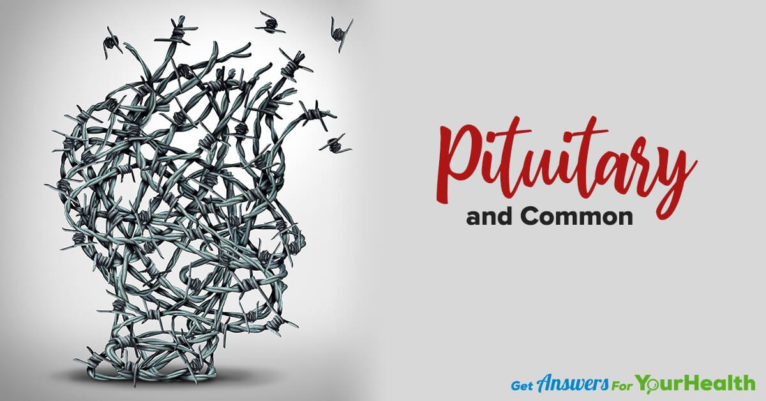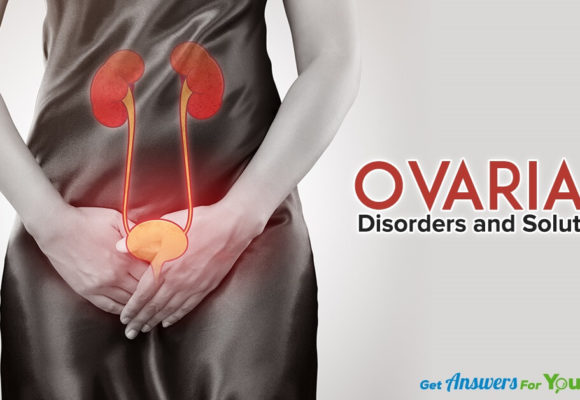1) Grab a FREE copy (Value $14.95) of one of my books Thyroid Symptom Overload
Just pay shipping $7.95 for any US orders. Or, if you want to pay full price plus shipping, order from Amazon :)
2) Take our Thyroid Quiz today and find out what "Thyroid Type" you have
This quiz will help you quickly discover where your symptoms are stemming from.
3) Join Our Thyroid Advocate Membership Site - Natural Thyroid Academy
FREE for a limited time. No credit card required.
4) Work with me and my team privately
Schedule your FREE 15 minute phone consultation and we can find out the best way to help you specifically.
Called the master gland of the endocrine system, the pituitary gland is responsible for many integral functions of the body, including the control of growth hormone, sex hormones, body temperature, and balance etc. This pea-sized gland can malfunction and lead to many symptoms and disorders.
Not sure if you have pituitary issues or symptoms? Here is an overview of all that can go wrong with your pituitary gland and its hormones.
Understanding the Function of the Pituitary Gland
The pituitary gland is responsible for many hormones. The hormones are responsible for various functions throughout the body. The hormones produced by the pituitary gland include:
- Growth Hormone (GH): This is responsible for growth in children and adults alike.
- Thyroid stimulating hormone (TSH): It activates the thyroid gland into producing thyroid hormones that control metabolism and other functions
- Prolactin: This controls sex hormones and produces breast milk among mothers.
- Follicle stimulating hormone (FSH): Controls the female and male sex organs and hormones. Responsible for fertility
- Adrenocorticotropin (ACTH): Manages adrenal gland hormones like cortisol, the stress hormone
- Luteinizing Hormone (LH): Releases sperm in men and eggs in women.
- Oxytocin: Is in control of milk production in lactating mother.
- Antidiuretic hormone (ADH): Maintains the water balance in body
The pituitary gland is divided into three parts: All the lobes are in charge of certain hormones that in turn control different functions of the body.
- Anterior lobe
- Intermediate lobe
- Posterior lobe
The anterior lobe is for the growth and development of the body, along with controlling sexual functions and the reproduction cycle. This is the reason why it is in direct collaboration with the adrenal, thyroid and sex glands. It also produces prolactin, the hormone which allows mothers to produce milk once the baby has arrived. If a women does not have a sufficiently working anterior lobe of her pituitary gland, lactation can be affected.
The intermediate lobe is in control of the production of melanin. It does this by stimulating melanocytes, the cells which provide pigmentation to skin. If there is something wrong with this a person can become an albino or acquire skin cancer due to inadequate amounts of melanin in the skin.
Posterior lobe of the pituitary gland is in charge of the antidiuretic hormone which makes sure that water levels are maintained in the body, by taking water from the kidneys. Oxytocin is the hormone that makes sure labor starts and progresses smoothly. It also starts and stops milk supply during feeding sessions for a baby. If this side of the pituitary gland is malfunctioning, water problems in the body as well as milk supply issues can result.
Common Disorders of the Pituitary Gland
Mot symptoms of the pituitary gland can be helped and managed. The two most commonly occurring disorders are pituitary tumors and Cushing’s syndrome. Most of the time common symptoms women experience are irregular or imbalanced hormones. This could happen due to a lot of reasons including surgery, injury, or even radiation. Three types of pituitary disorders can occur:
- Problems because the gland is producing excessive amounts of a certain hormone. Diseases include Cushing’s syndrome, prolactinoma and acromegaly.
- Issues when the gland is not producing sufficient amounts of hormones. This could be one hormone or more. Diseases include diabetes insipidus, adult-onset growth hormone deficiency and hypopituitarism.
- Disorders that occur because size or shape of the pituitary gland. Diseases include empty sella syndrome.
Cushing’s syndrome
Cushing’s syndrome is a condition when the body is unable to control the amounts of stress hormone production. The increased levels of the stress hormone, cortisol, can cause a lot of problems like a fatty hump (buffalo hump), rounded face, and stretch marks on skin. Cushing’s syndrome can also lead to bone loss, diabetes type II, and high blood pressure.
General signs and symptoms of Cushing’s syndrome include:
- Excessive weight gain that turns into obesity
- Stretch mark on skin, particularly on breasts, thighs, arms and abdomen
- Slow healing cuts, infections and insect bites
- Severe tiredness
- Irregular menstrual cycle
- Thinning skin
- Erectile dysfunction
- Loss of fertility among men
- Headaches
- Depression, anxiety
- High blood pressure
Pituitary Tumors
Tumors are the fourth thing that can go wrong with the pituitary gland. Most tumors that occur are benign and can be removed through surgery or radiation. They become problematic because when they grow too much in size they can start to impair vision and/or memory. Sometimes the tumors can grow horizontally and cause double vision. There are very few occurrences when the tumors of the pituitary gland are cancerous. Some of the problems caused by pituitary tumors are:
- Tumor mass effects: This is when the tumor grows in size and causes headaches, vision issues, and other health problems. This is very rare.
- Hyposecretion: When the gland produces too little hormone due to the size of the large tumor. It is called hyposecretion. It can occur due to surgery or radiation.
- Hypersecretion: This happens when the gland produces too much pituitary hormones.
Pituitary tumors typically do not grow at a high rate. If you have a tumor and are feeling symptoms, then it means that it has grown in size and may need to be removed. Please consult with your doctor. Otherwise, it can be there and you won’t even know it ever existed. Some tumors do not need to be removed and people can lead perfectly healthy and happy lives while the tumor is still there. Again, your doctor will be able to best evaluate your specific situation.
Get yourself checked to see if you have any hormonal imbalances because the sooner treatment begins the better your chances of recovery.
References
- https://www.healthline.com/human-body-maps/pituitary-gland
- http://www.yourhormones.info/glands/pituitary-gland/
- https://www.empoweryourhealth.org/endocrine-conditions/pituitary
- https://www.hormone.org/diseases-and-conditions/pituitary
- https://www.mayoclinic.org/diseases-conditions/cushing-syndrome/symptoms-causes/syc-20351310








